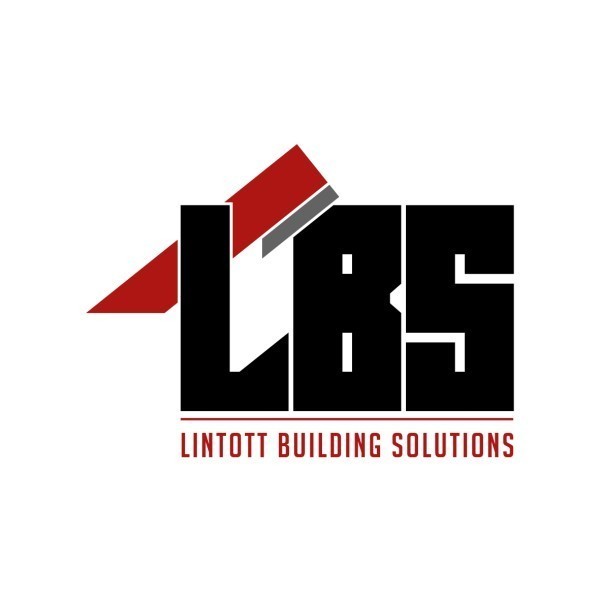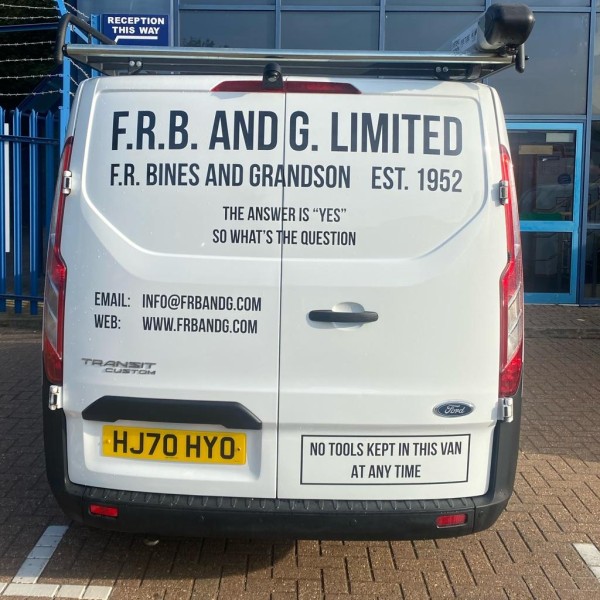Understanding Loft Conversions in West Mersea
Loft conversions in West Mersea are becoming increasingly popular as homeowners seek to maximise their living space without the hassle of moving. With the picturesque views and charming community, it's no wonder residents are opting to enhance their homes. This article will guide you through the ins and outs of loft conversions, ensuring you make informed decisions every step of the way.
What is a Loft Conversion?
A loft conversion involves transforming an unused attic space into a functional room, such as a bedroom, office, or playroom. This process not only adds value to your property but also provides additional living space, which can be a game-changer for growing families or those needing extra room.
Benefits of Loft Conversions
- Increased Property Value: A well-executed loft conversion can significantly boost your home's market value.
- Additional Living Space: Gain extra space without the need for an extension or moving house.
- Cost-Effective: Generally cheaper than moving to a larger property.
- Customisable: Tailor the space to meet your specific needs and preferences.
Types of Loft Conversions
There are several types of loft conversions to consider, each with its own set of advantages and considerations:
Dormer Loft Conversion
This is the most common type of loft conversion. It involves extending the existing roof to create additional floor space and headroom. Dormer conversions are versatile and can be adapted to suit most property types.
Mansard Loft Conversion
Mansard conversions are typically found in urban areas and involve altering the roof structure to create a flat roof with a back wall sloping inwards. This type of conversion offers maximum space but may require planning permission.
Hip to Gable Loft Conversion
Ideal for semi-detached or detached homes, this conversion involves straightening an inwardly slanted end roof to create a vertical wall, increasing the loft space.
Velux Loft Conversion
Also known as a roof light conversion, this is the simplest and most cost-effective option. It involves installing Velux windows into the existing roofline without altering the structure.
Planning Permission and Building Regulations
Before embarking on a loft conversion in West Mersea, it's crucial to understand the planning permission and building regulations involved. While many loft conversions fall under permitted development rights, certain conditions and restrictions may apply, especially in conservation areas.
When is Planning Permission Required?
- If the conversion exceeds specified limits and conditions.
- When altering the roof space beyond its current height.
- If your property is in a designated area, such as a conservation area.
Building Regulations
Regardless of whether planning permission is needed, building regulations approval is mandatory. These regulations ensure the conversion is structurally sound, safe, and energy-efficient. Key areas covered include:
- Structural stability
- Fire safety
- Insulation and energy efficiency
- Ventilation
Choosing the Right Loft Conversion Specialist
Selecting a reputable and experienced loft conversion specialist is vital to the success of your project. Here are some tips to help you make the right choice:
- Research: Look for specialists with a proven track record in West Mersea.
- References: Ask for references and check online reviews.
- Portfolio: Review their previous work to ensure it aligns with your vision.
- Quotes: Obtain multiple quotes to compare pricing and services.
Designing Your Loft Conversion
Designing your loft conversion is an exciting part of the process. Consider how you intend to use the space and what features are essential. Here are some design elements to think about:
Layout and Functionality
Plan the layout to maximise space and functionality. Consider the placement of windows, doors, and furniture to ensure a practical and comfortable environment.
Lighting and Ventilation
Natural light and proper ventilation are crucial for creating a pleasant living space. Incorporate windows, skylights, and ventilation systems to enhance the room's atmosphere.
Storage Solutions
Utilise clever storage solutions to make the most of your loft conversion. Built-in wardrobes, shelving, and under-eaves storage can help keep the space organised and clutter-free.
Cost Considerations
The cost of a loft conversion in West Mersea can vary depending on several factors, including the type of conversion, materials used, and the complexity of the project. Here's a rough guide to help you budget:
- Dormer Conversion: Typically ranges from £30,000 to £60,000.
- Mansard Conversion: Generally costs between £45,000 and £70,000.
- Hip to Gable Conversion: Prices usually start at £40,000.
- Velux Conversion: The most affordable option, starting at around £20,000.
It's important to factor in additional costs such as planning permission fees, building regulation approvals, and any unforeseen expenses that may arise during the project.
Timeframe for Completion
The duration of a loft conversion project can vary based on the type and complexity of the conversion. On average, a loft conversion can take anywhere from 4 to 8 weeks to complete. Here's a general timeline to give you an idea:
- Initial Consultation and Design: 1-2 weeks
- Planning and Approvals: 4-8 weeks (if required)
- Construction: 4-6 weeks
- Finishing Touches: 1-2 weeks
Common Challenges and Solutions
While loft conversions are a fantastic way to enhance your home, they can come with challenges. Here are some common issues and how to address them:
Limited Headroom
If your loft has limited headroom, consider a dormer or mansard conversion to increase space. Alternatively, lowering the ceiling of the room below can provide additional height.
Access and Staircase Design
Designing a staircase that fits seamlessly into your home can be tricky. Work with your specialist to create a design that maximises space and complements your existing decor.
Structural Integrity
Ensuring your loft conversion is structurally sound is paramount. Engage a structural engineer to assess the existing structure and provide recommendations for reinforcement if needed.
Environmental Considerations
Incorporating eco-friendly elements into your loft conversion can enhance its sustainability and reduce your carbon footprint. Consider the following:
- Insulation: Use high-quality insulation to improve energy efficiency and reduce heating costs.
- Windows: Opt for energy-efficient windows to minimise heat loss.
- Materials: Choose sustainable materials for construction and finishes.
Frequently Asked Questions
1. Do I need planning permission for a loft conversion in West Mersea?
In many cases, loft conversions fall under permitted development rights, meaning planning permission isn't required. However, if your property is in a conservation area or the conversion exceeds certain limits, you may need to apply for permission.
2. How much does a loft conversion cost in West Mersea?
The cost varies depending on the type of conversion and the complexity of the project. On average, prices range from £20,000 for a basic Velux conversion to £70,000 for a more complex mansard conversion.
3. How long does a loft conversion take?
Typically, a loft conversion takes between 4 to 8 weeks to complete, depending on the type and complexity of the project.
4. Can all lofts be converted?
Most lofts can be converted, but factors such as headroom, roof structure, and access can impact feasibility. A professional assessment is recommended to determine suitability.
5. Will a loft conversion add value to my home?
Yes, a well-executed loft conversion can significantly increase your property's value, often by more than the cost of the conversion itself.
6. What is the best type of loft conversion for my home?
The best type of loft conversion depends on your home's structure, your budget, and your specific needs. Consulting with a specialist can help you determine the most suitable option.
Loft conversions in West Mersea offer a fantastic opportunity to enhance your living space and add value to your home. By understanding the process, planning carefully, and choosing the right specialists, you can create a beautiful and functional space that meets your needs and complements your lifestyle.












